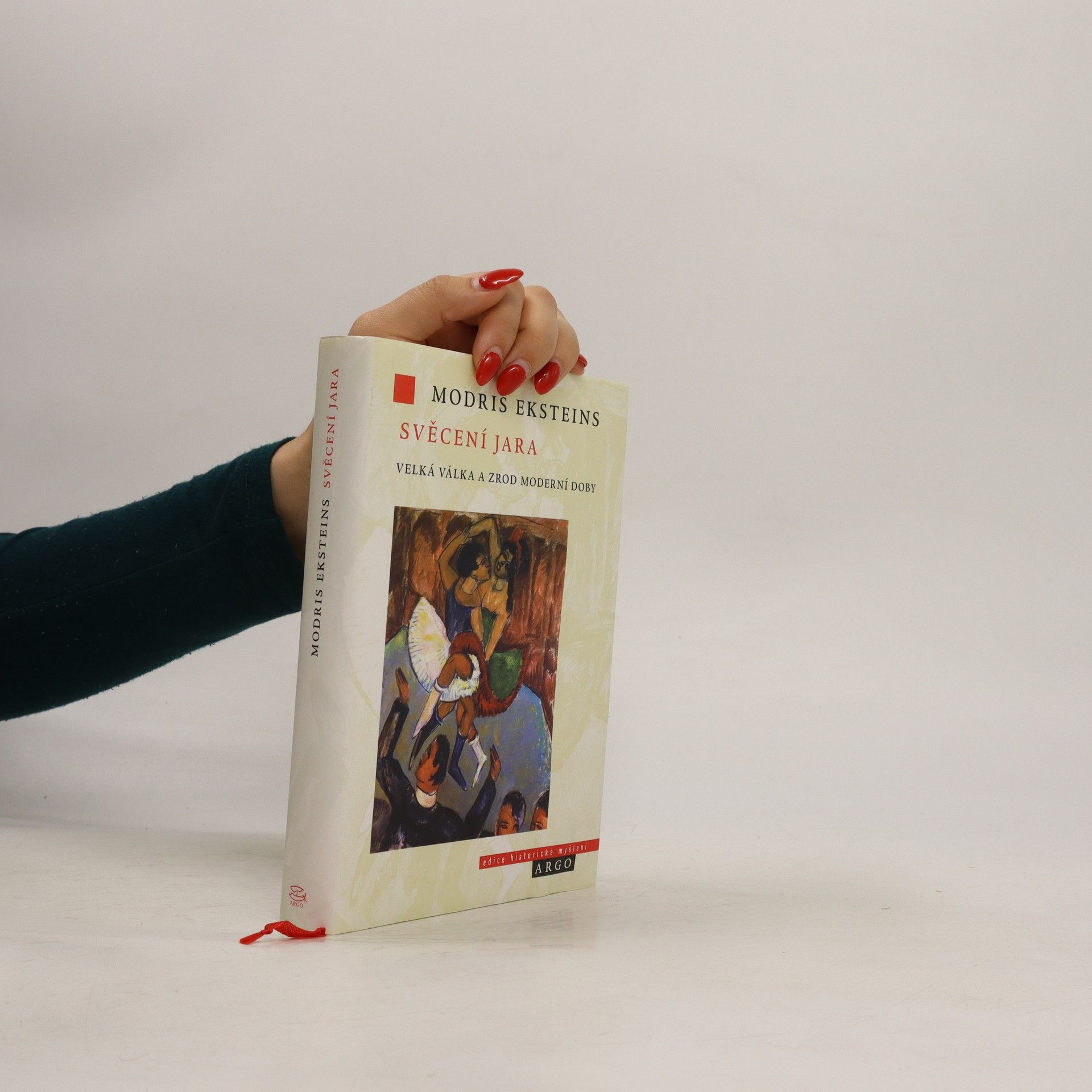Svěcení jara: Velká válka a zrod moderní doby
- 408 pages
- 15 hours of reading
Obřady jara představují jednu z nejvlivnějších knih věnovaných dějinám první světové války. Autor se v ní zamýšlí nad sociokulturními aspekty Velké války, jež podle jeho názoru vedly ke zrození nového moderního světa. V první světové válce hledá příčiny přístupu k životu, jejž ona „totální“ válka se svými sociálními dopady ve srovnání s předválečným životem změnila k nepoznání.




